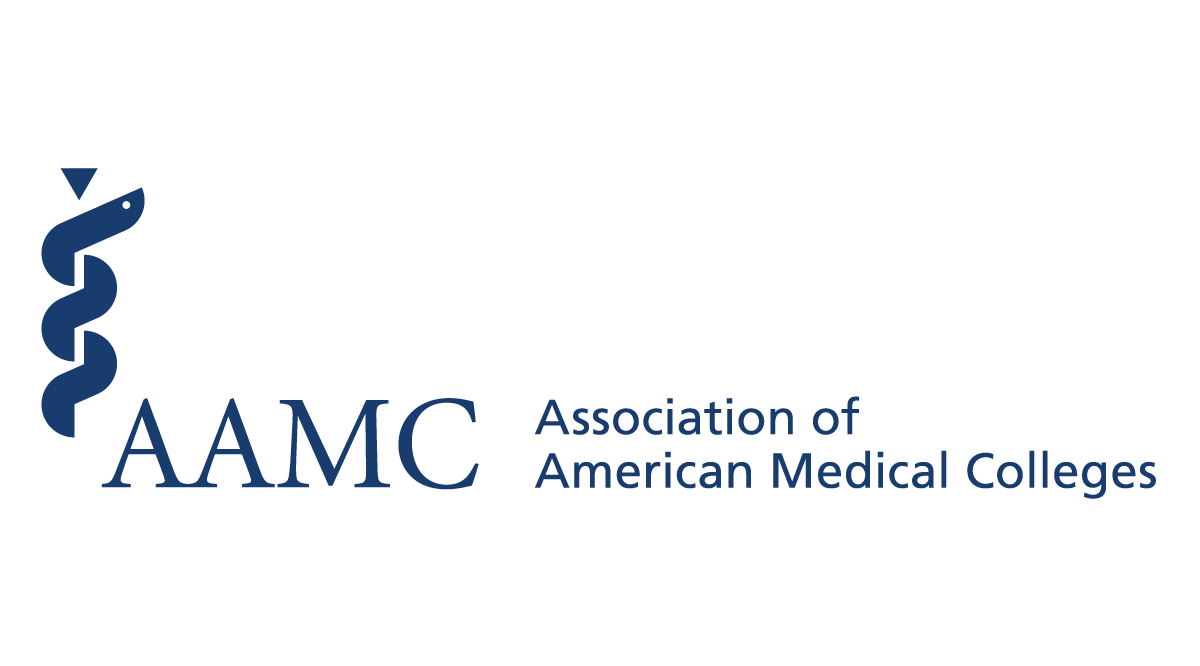
Librarians and staff from the University of Washington’s Health Sciences Library (HSL) and Institute of Translational Health Sciences (ITHS) have been named as recipients of the prestigious Association of American Medical Colleges’ Group on Information Resources (AAMC GIR) Excellence Award for their support of UW’s REDCap data collection platform throughout the COVID-19 pandemic.
The AAMC GIR Excellence Award, bestowed annually on an individual or institutional or cross-institutional team, recognizes “contributions in the academic medical center information technology arena that inspire and impact the work [of AAMC GIR] to advance academic medicine.” It highlights a “work of excellence in the academic medical information technology domain” that has “innovative national impact or institutional impact for other institutions to follow.”
With Seattle emerging as one of the first COVID-19 hot spots in North America, UW’s REDCap instance became a key clinical resource for UW Medicine and local and county government health agencies during the pandemic, supporting projects from early case tracking to contract tracing to back-to-campus testing. UW’s REDCap instance, a HIPAA-compliant data collection platform, hosts more than 650 COVID-related projects, including a number of national research projects with collaborators from around the country. The iterative nature of COVID-19 projects, particularly in the initial weeks and months of the pandemic, frequently led to major changes in scope, design, and deployment on a day-by-day or hour-by-hour so they could be effectively deployed by campus, local, and county health agencies.
User support for REDCap, a HIPAA-compliant data collection platform, is administered through a ticketing system supported by librarians and staff from HSL, ITHS, UW Medicine IT, and the Network of the National Library of Medicine (NNLM) Region 5. The nine HSL staff and administrators from UW Medicine IT and ITHS triaged more than 18,000 tickets between April 1, 2020, and March 31, 2021, an increase of almost 70 percent on the year before. Agents respond to a range of user requests, from simple project creation and change tickets to complex design best practices and troubleshooting questions on surveys sent to tens of thousands.
The UW REDCap instance has served as a pillar of UW Medicine’s clinical care and research efforts throughout the five-state WWAMI region (Washington, Wyoming, Alaska, Montana, Idaho) since its launch in 2012 by providing a foundational data platform to support clinicians, researchers, and students across a wide range of health sciences areas. HSL librarians and staff have served as REDCap ticketing agents since late 2016 as part of the Translational Research and Information Lab (TRAIL) initiative, a five-partner collaboration between leading UW health sciences units. TRAIL aims to leverage existing expertise and space to deliver clinical research data management services and emerging technology support, with 14 diverse data-related online and in-person services covering topics that include REDCap, Leaf cohort discovery, virtual reality, mobile app development, biomedical informatics, biostatistics, and bioethics.
Watch the 2021 AAMC Awards Recognition Event and read the awards program book (PDF).
UW REDCap Support Team
- Amber Atkins, UW Health Sciences Library
- Lynly Beard, UW Health Sciences Library
- Bas de Veer, Institute of Translational Health Sciences
- Adam Garrett, UW Health Sciences Library
- Courtney Howell, Institute of Translational Health Sciences
- Ashleigh Lewis, Institute of Translational Health Sciences
- Paul Ludecke, UW Health Sciences Library
- Michael Moore, UW Health Sciences Library
- Sara Rind, UW Health Sciences Library
- Ruba Sadi, UW Health Sciences Library
- Nancy Shin, Network of the National Library of Medicine, Region 5
- Frank Stieber, UW Health Sciences Library
TRAIL Leadership
- Tania Bardyn, UW Health Sciences Library
- Sean Mooney, UW School of Medicine Department of Biomedical Informatics and Medical Education
About the AAMC GIR Excellence Award
The GIR Excellence Award is given to an individual, or institutional or cross-institutional team, that contributed to a work of excellence in academic medical information technology domain, supporting one or more of the mission areas of the academic medical centers: clinical, educational, or research, and including administration. This award reflects a contribution that has an innovative national impact or institutional impact that is a model for other institutions to follow. The GIR Excellence Award selection criteria are designed to consider institutions of various sizes and available resources equitably. The established criteria include:
- Impact: Single Institution (One Area or Multiple Areas), Multiple Institutions
- Innovation: Sustainable and/or uniqueness
- Implementation State: Conceptualized, Tested or Implemented
- Shareability: Not Disseminated, Internal Only, Shared via One or More External Mediums
The evaluation criteria also assess a nominated work of excellence’s potential benefit to diversity and inclusion.